theteam@theeducationhub.org.nz
Postal Address
The Education Hub
110 Carlton Gore Road,
Newmarket,
Auckland 1023
It is estimated that a significant percentage of children and young people will experience at least one potentially traumatic event by the age of 16.
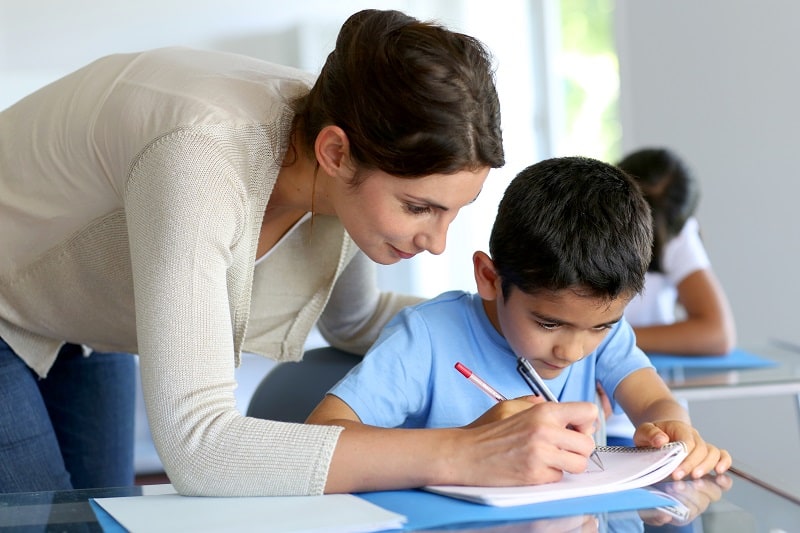
Introducing trauma-informed approaches in schools
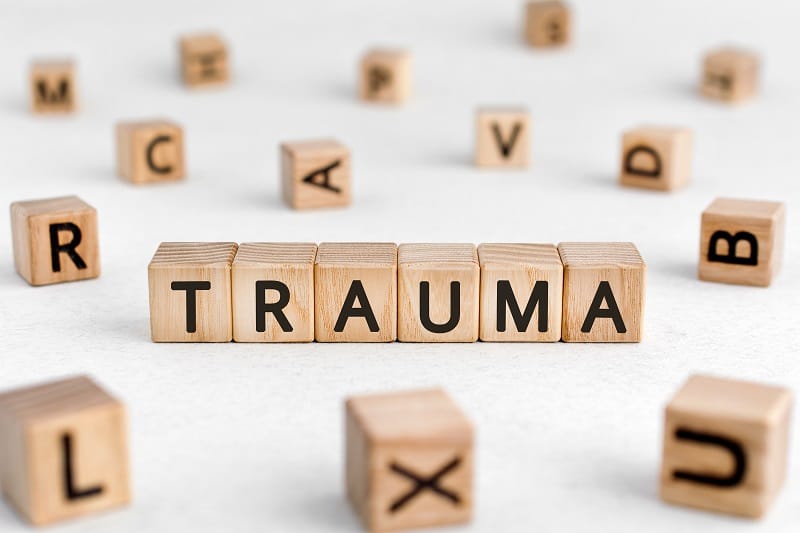
The key principles of trauma-informed practice, and why it is so important.

First Nations peoples and culturally and linguistically diverse (CALD) groups (including refugees) face unique issues and stressors that impact their emotions, learning, behaviour, and psychosocial health. Whilst it is important to acknowledge the resilience developed and demonstrated by people within these groups, it is pertinent to consider how this may impact how they experience their […]
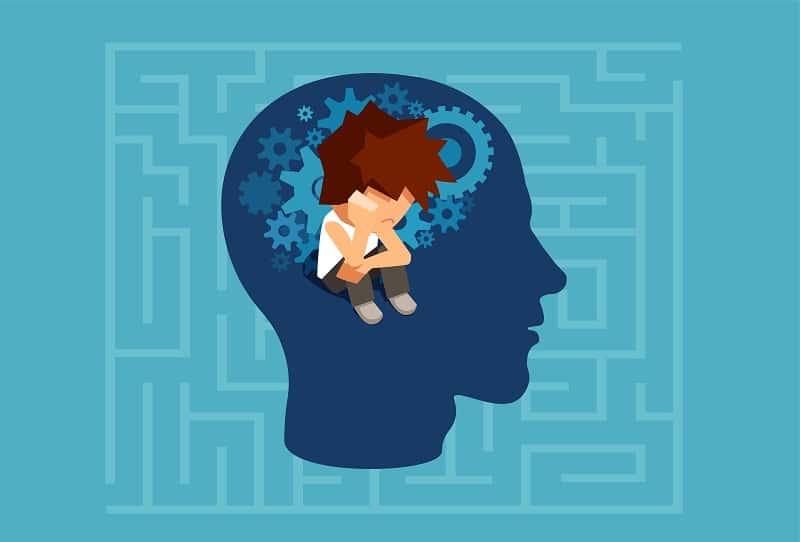
An introduction to childhood trauma and the serious and lasting effects it can have.

Tami Harris of Acorn Neurodiversity explores how using a trauma-informed lens to support neurodivergent students in school settings can help teachers to mitigate challenges

Professor Carol Mutch (University of Auckland) shares her research from over 12 years of supporting schools through different disasters and crises both in Aotearoa and the wider Asia-Pacific region.

Professor Carol Mutch (University of Auckland) shares her research from over 12 years of supporting schools through different disasters and crises both in Aotearoa and the wider Asia-Pacific
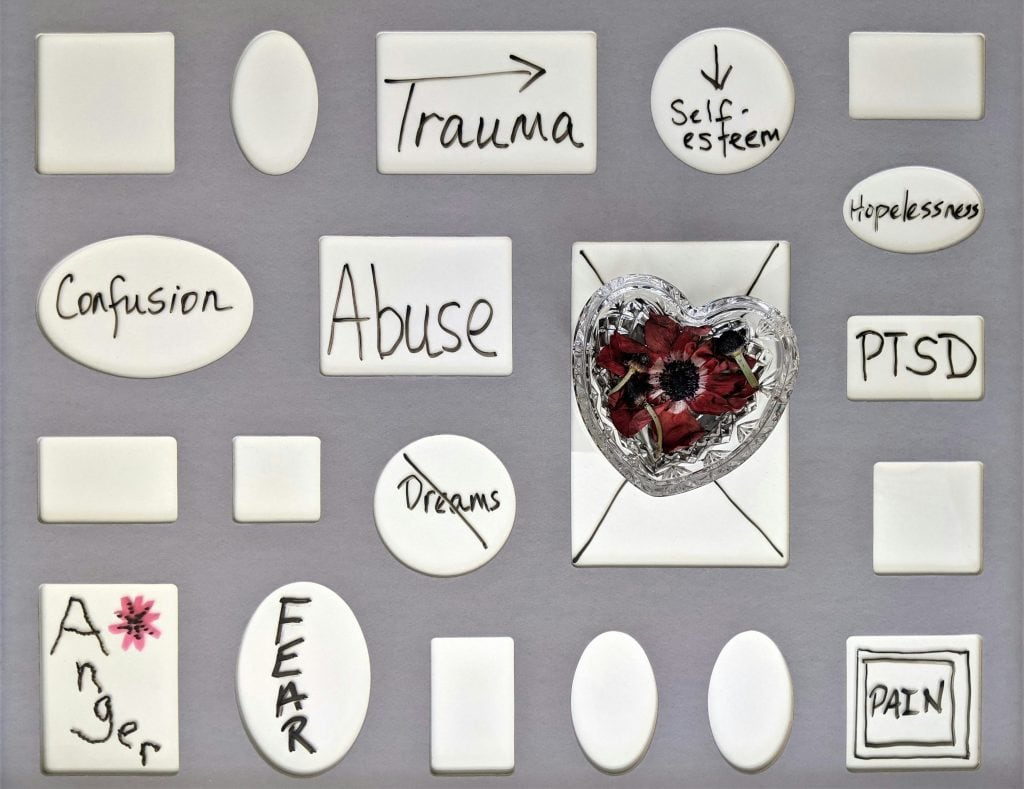
Trauma-informed practice at primary and secondary school level, including the key principles, strategies, and common barriers and solutions
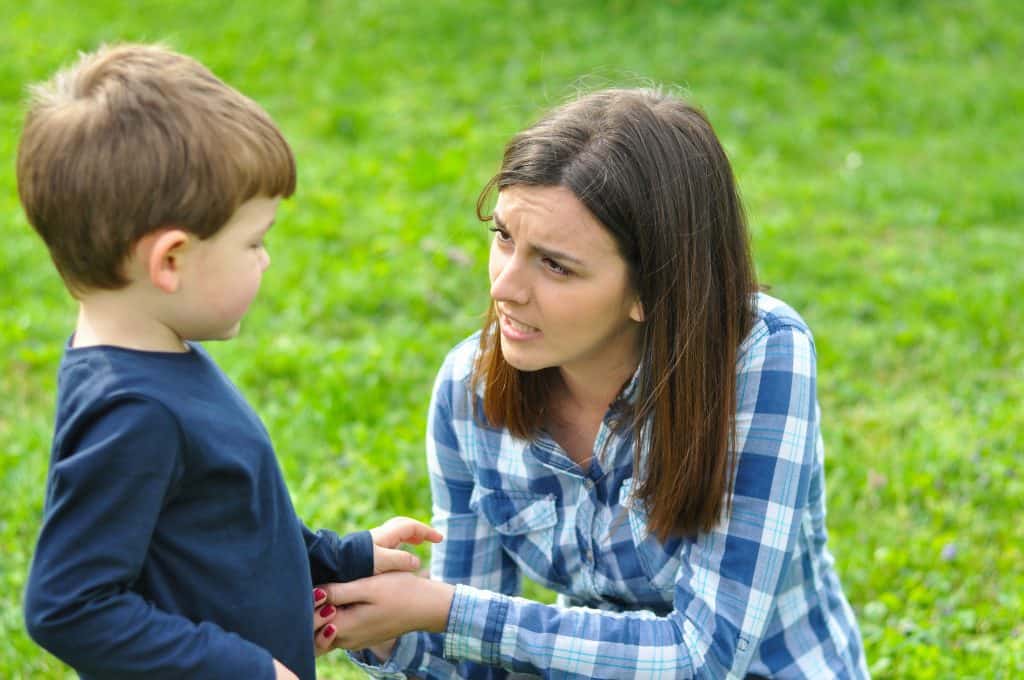
Key insights from a webinar with Tami Harris from Acorn Neurodiversity.

The key insights from our webinar with Carol Mutch on schools' responses to disasters and traumatic events.

Key insights from our webinar with Emily Berger and Karen Martin on understanding trauma and adopting trauma-informed approaches in schools